Many people have probably heard that “the concept is important” in the very first process of creating various contents to lead a business or startup to success. However, I think some people don’t understand why concepts are important or where they can be useful. A concept includes the meaning of an idea or concept.
In this article, we will provide an overview of concepts and introduce the differences between concepts and themes. We will also explain why concepts are important for marketing and the steps to create a concept, so please refer to it if you want to deepen your understanding of concepts.
What does the concept mean?
First, let me give you an overview of the concept. A concept is a way of thinking that serves as a standard when creating a meaningful work, and is used to maintain the overall policy and purpose. Concept also includes meanings such as concepts, ideas, and ideas. This is a way of thinking that is mainly needed when planning business or content, and the success of your business will depend on the concept you decide on. Thinking about concepts that differentiate you from other companies or concepts that have never existed in the industry will give you a competitive edge, so it is something you should spend a lot of time thinking about.
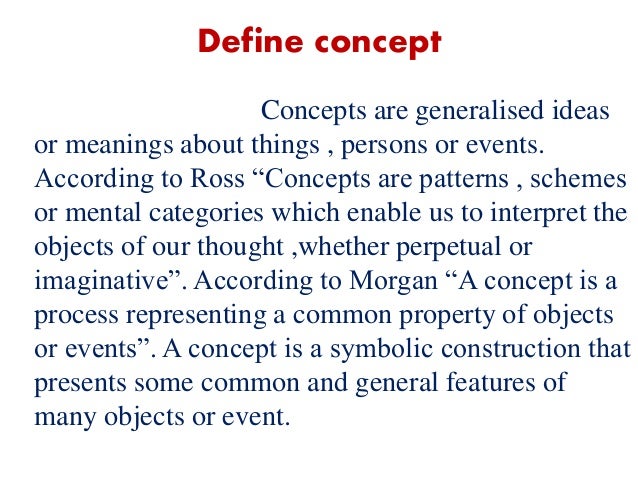
various concepts
Earlier, I gave an overview of the concept. From here, we will introduce some examples of various concepts to help you better understand the concepts.
- concept cafe
- concept car
- brand concept
- product concept
Let’s look at each in turn.
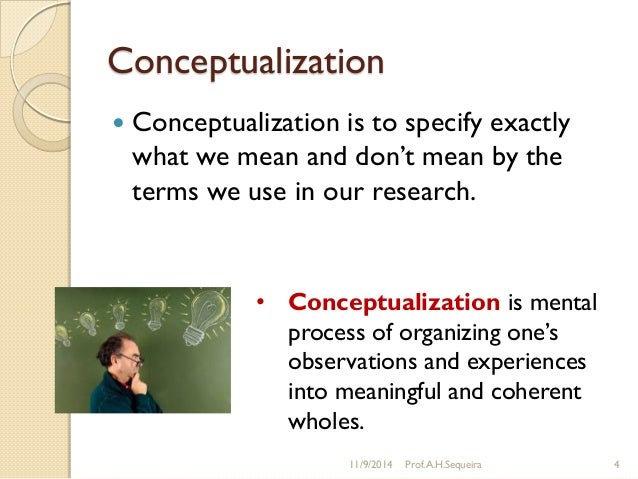
concept cafe
A cafe that creates a world feeling like no other and has specific strengths is called a concept cafe. It is sometimes called a concafe, and because it has a unique worldview, it is useful when you want to differentiate yourself from other cafes. Representative concept cafes are listed below.
- A cafe surrounded by many picture books
- A cafe that expresses the worldview of the movie
- cat cafe
Other famous ones include “maid cafes.” Also, it is a well-known story that Starbucks, a representative cafe, became popular not only because it only serves coffee, but also because it provides a third place where customers can spend time in a pleasant atmosphere. Therefore, depending on how you think about it, Starbucks can also be considered a concept cafe.

concept car
A concept car is a car that is created when the company that sells and manufactures each car decides on the direction of its design and functionality. We also decide on concepts for future technological development. As a company, we have a vision and direction from the beginning, but we can make decisions based on the idea of what we can do to differentiate ourselves from other companies and what we can do to continue our business for a long time. It is characterized by
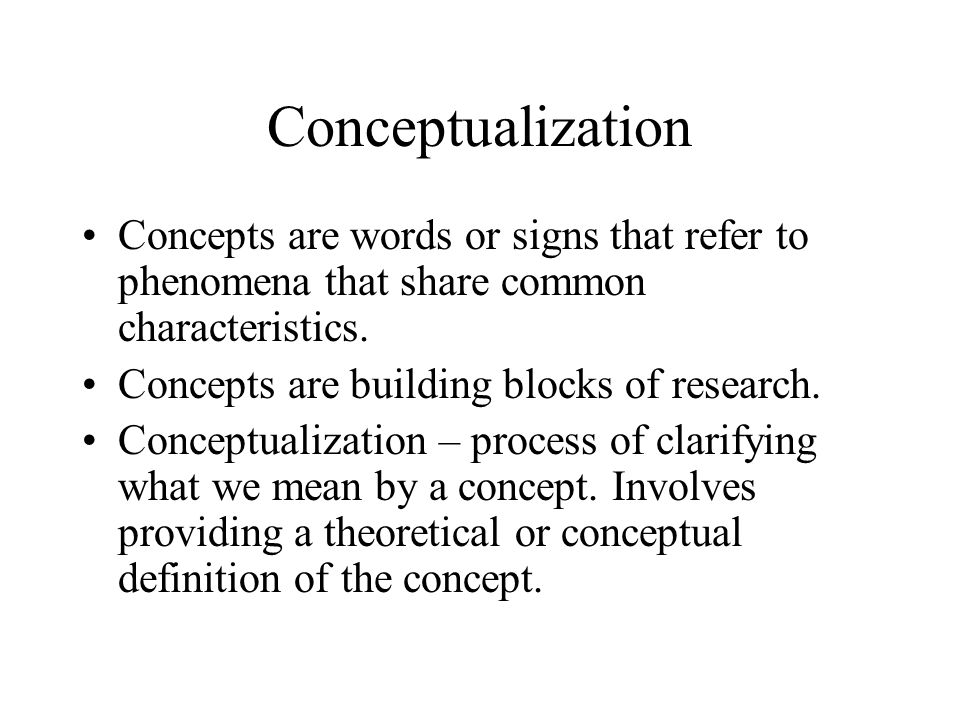
brand concept
A brand concept is a verbalization of the value that a brand can provide and the value that the brand would like to provide in the future. This can be decided based on what kind of business the customer is looking for, and what kind of thoughts you would like to deliver. In the case of Starbucks mentioned above, the concept is a third place that is neither home nor work.
In this way, even if you are in the same industry, your brand concept is to verbalize the values that only your company can create or the values that you want to create.

product concept
A product concept is a clear statement of what value the product provides and to whom during the product development process. Additionally, when deciding on a product concept, we screen from all perspectives, including future management strategy, customer needs, marketability, and economic efficiency.
The product concept is determined from the perspective of what specific benefits the user will get from the product and how they will feel when they actually hold the product in their hands. Reasons to buy. That is why it is extremely important to consider future business strategies.

Difference between concept and theme
Up to this point, we have explained the outline of concepts and representative examples, but many people may feel that they do not understand the difference between a concept and a theme. In conclusion, as explained in this article, there is a difference between a concept and a theme, respectively. Therefore, a concept is treated as a concept or idea in business or marketing, and a theme is treated as a subject for a particular field’s agenda.
An easy-to-understand example is the issue of aging.
Although we cannot turn the phenomenon of aging into a concept, we can say, “Let’s discuss the theme of aging.” Therefore, it is important to understand that concepts and themes are fundamentally different in the context in which they are used.
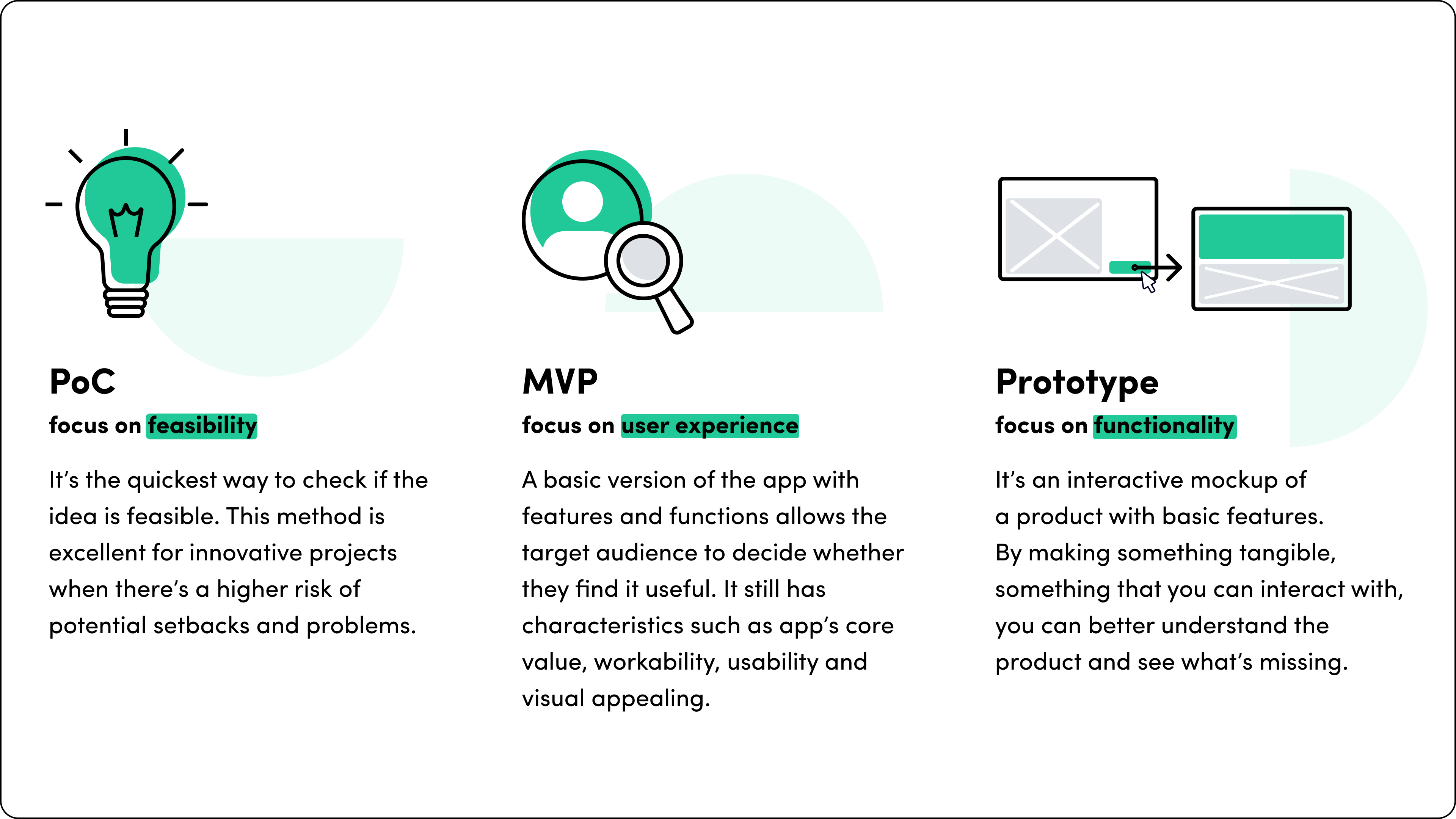
Why concepts are important in marketing
So far, we have explained the difference between a concept and a theme. From here, I will explain in more detail three reasons why concepts are important in
marketing
.
- Increased probability of business success
- It becomes clear what to do
- Easier to hit the target
Let’s look at each in turn.
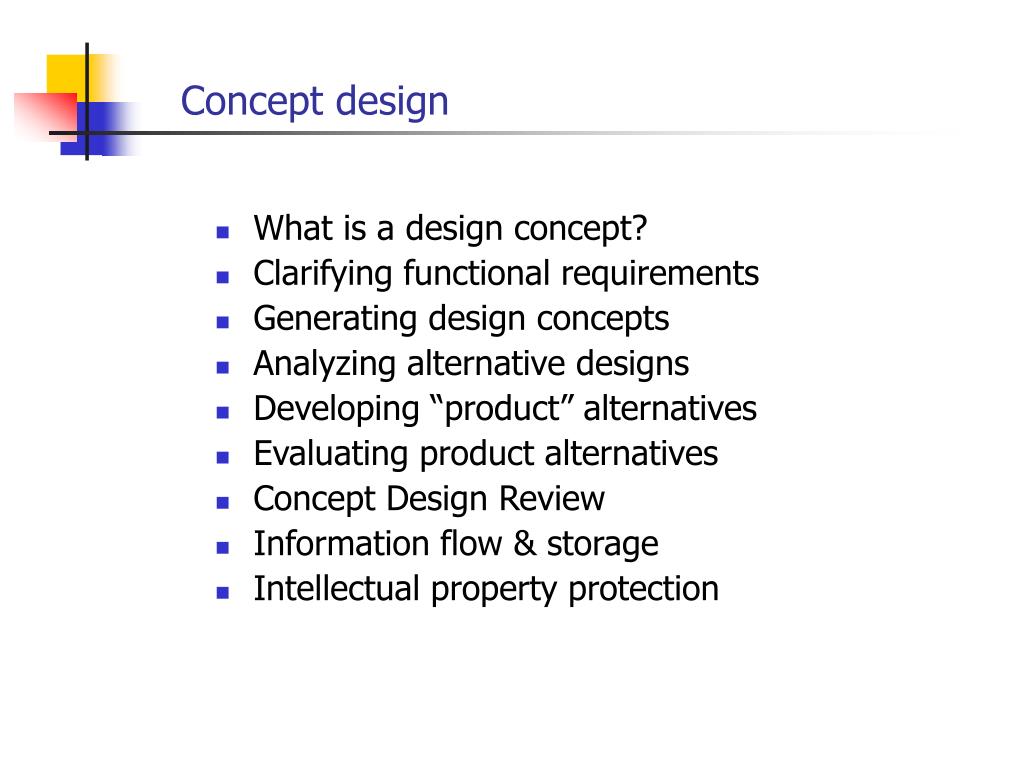
Increased probability of business success
Having a clear concept will increase your chances of business success. This is because, at the stage of deciding on a concept, we analyze our company from a creative perspective, including competitive research, market research, and future management strategies as a deeper concept and
framework
than the concept. For example, let’s say your company is opening a cafe in the future. If you open a store without doing any competitive or market research or deciding on a concept, can you say that you have a high chance of success? In conclusion, it can be said that the probability of failure is very high.
However, by thoroughly analyzing which market your company can excel in and what the target users are looking for in a cafe, and incorporating this into a concept, the probability of success will be much higher. will increase. In other words, deciding on a concept itself becomes a competitive advantage, and is one of the important factors for continuing business for a long time.
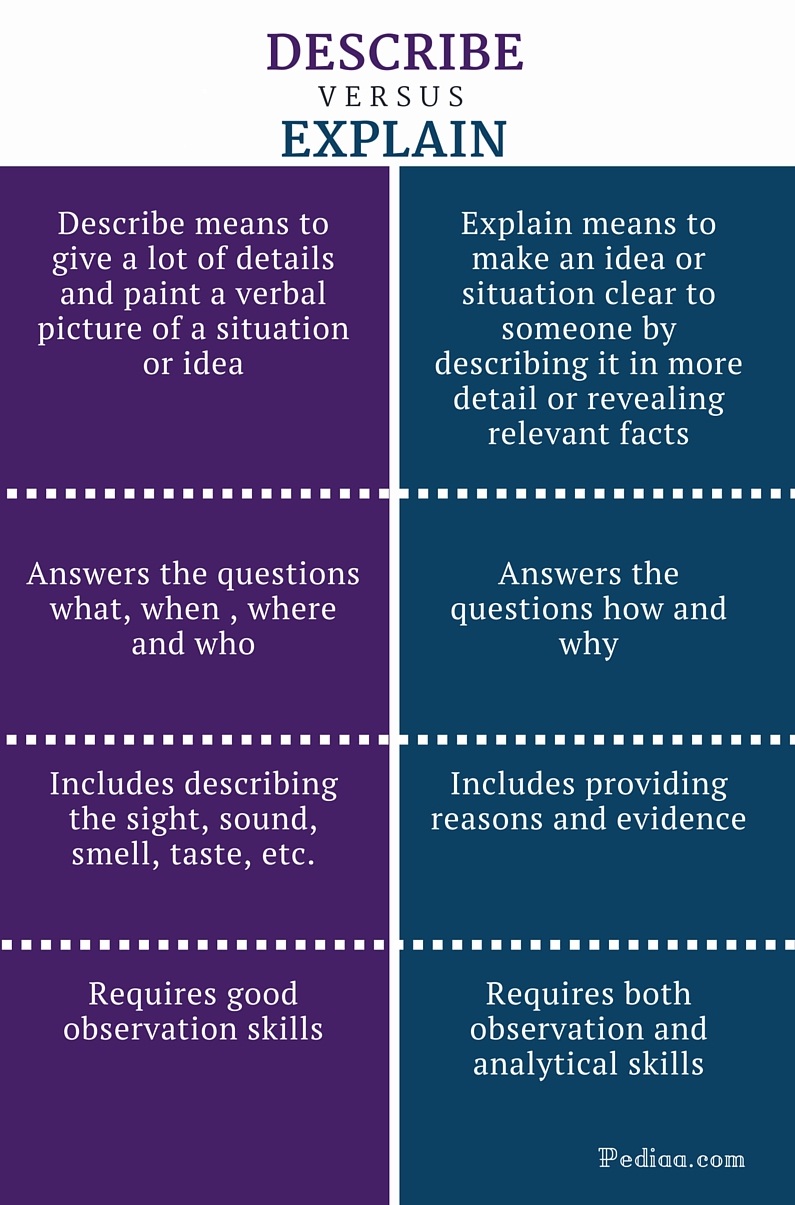
It becomes clear what to do
Deciding on a concept has the advantage of making it clear what to do. This is useful not only in deciding management strategies, but also in employee training. This is because it makes it easier for employees to understand how they should respond to targets who are looking for their company’s concepts.
On the other hand, if the concept is not decided, it will be unclear how employees should respond, which can lead to lower customer satisfaction. By having a fixed business concept, there is less variation in all processes.
Easier to hit the target
Finally, having a fixed concept makes it easier to hit the target. For example, take the Dyson vacuum cleaner. Dyson’s
catchphrase
is “The only vacuum cleaner with the same suction power.” In other words, you’ll find that it’s more likely to stick to targets who want their vacuum cleaner to have strong suction power, and also want it to last.
In this way, by deciding on a concept that will become a catchphrase, it will be easier to hit the target, which has the advantage of leading to sales and sales promotion.
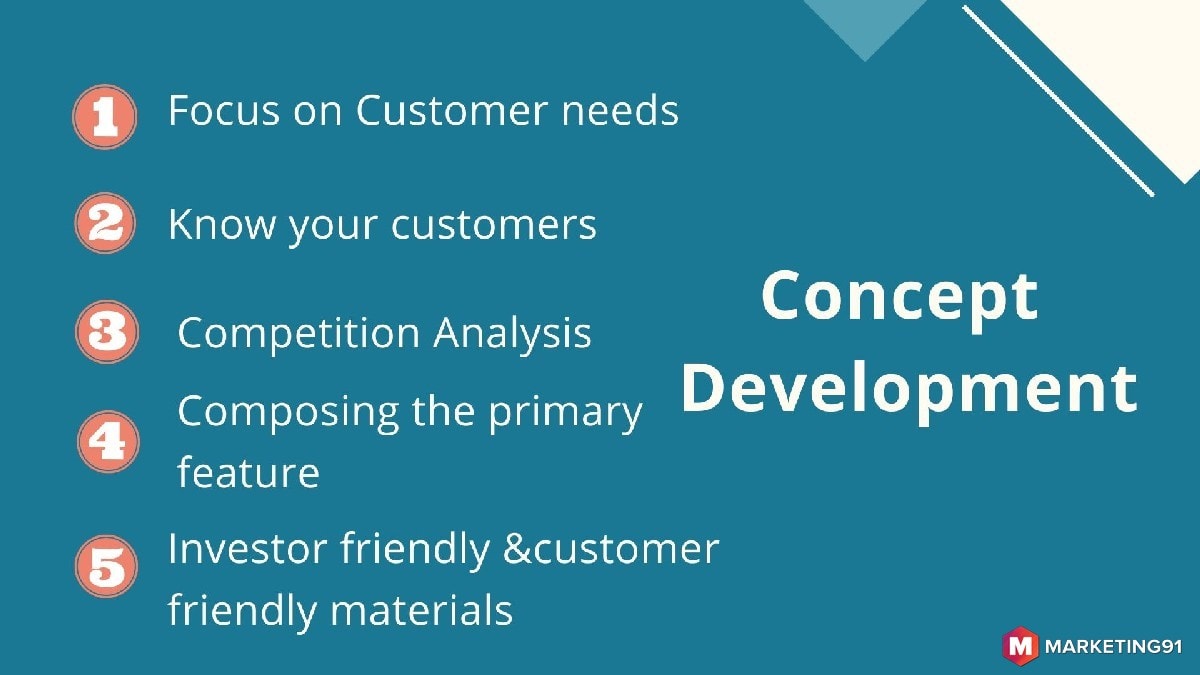
Concept making procedure
So far, we have provided an overview of the concept and explained why it is important for marketing. Finally, I will explain the steps to actually create a concept.
- decide on a target
- Find out what your target wants
- Deliver content to a target audience who will find it valuable
Let’s look at each in turn.
decide on a target
First, determine the target audience for your product or service. If you are developing a new business, there is no problem in selecting a target first and planning products and services to suit that target.
If you don’t decide on your target first, your content will not resonate with anyone, and your products and services won’t be distributed. Therefore, this is the most important item when deciding on a concept.
Find out what your target wants
Next, find out what your target audience is looking for. In other words, we will identify the problems and concerns that your target users have on a daily basis. For example, when considering opening a cafe, let’s say there is a housewife who feels that although coffee and tea are cheap, she feels that spending long hours with her children will attract attention from others. An example of this would be to provide such housewives with a space where they can spend long hours with their children.
In this way, it is important to find out what your target is looking for and decide on a concept that can solve them.
Deliver content to a target audience who will find it valuable
Once you have a concept, it’s time to get your content out to the people who will actually find it valuable. Sales channels vary depending on the age, annual income, and gender of your target audience, so it is important to consider the method of attracting customers that will most easily reach your target audience.
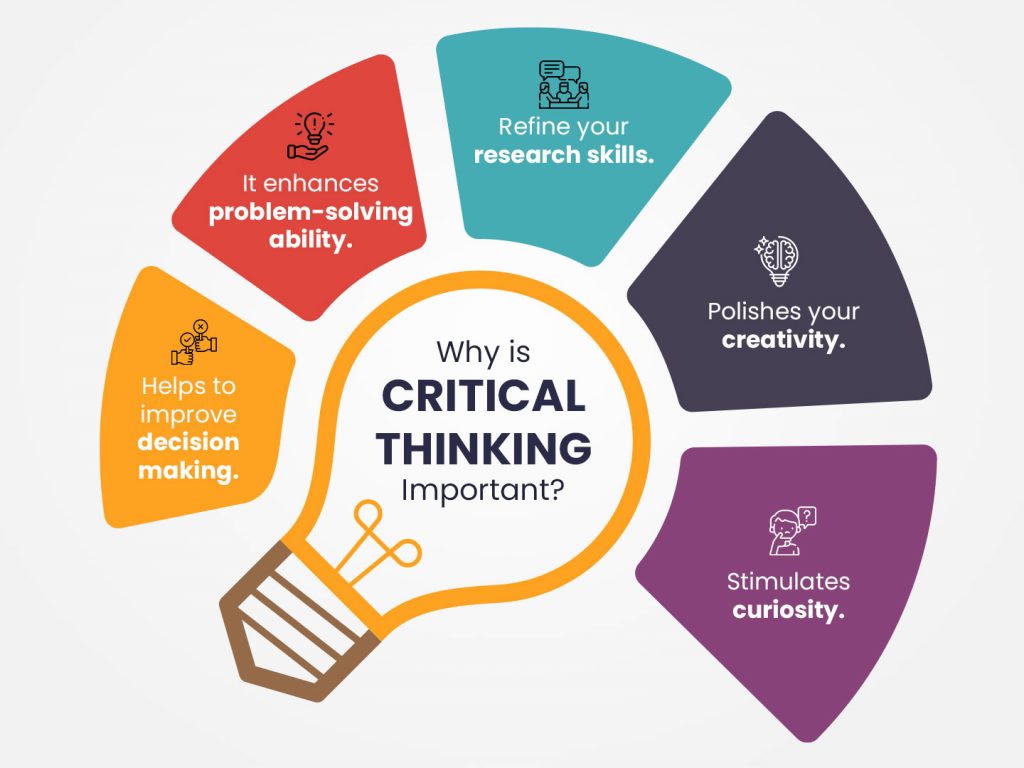
summary
In this article, we have explained the concept overview, representative examples, and concept-making procedures. A concept is a verbalization of the value that a company wants to create, and it also connects to the reason why customers buy a product or service. Therefore, it is important to make decisions based on all aspects, including economic efficiency, marketability, and future management strategy.
Why not start by selecting a target for your company’s products or services and finding out what those targets are looking for?

